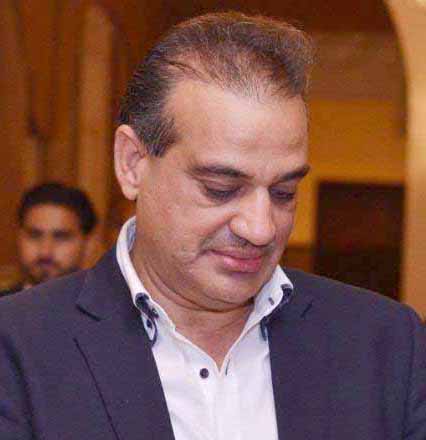Ansar M Bhatti
The Special Investment Facilitation Council (SIFC), unveiled in June this year, seems to be a concerted effort by the military leadership to bolster the struggling economy of our nation. Although the precise mechanisms by which this novel initiative will rejuvenate Pakistan’s ailing economy remain unclear, it has ignited a significant debate: Was there a genuine necessity for such an entity when pre-existing institutions like the Board of Investment (BOI) have, thus far, failed to yield tangible results? Is it wise to establish additional institutions, potentially funded by the public treasury, when previous institutions of a similar nature have failed to deliver desired outcomes? What sets apart the SFIC from the BOI, addressing the gaps that were evident in the latter?
Assuming that SFIC aims to distinguish itself from other institutions, the key question for attracting foreign investments is the quality of our business environment. Unfortunately, our current conditions fall short. Conversations with diplomats in Islamabad reveal that foreign investors are primarily concerned about law and order, legal procedures, and a conducive business environment for their operations.
There is no doubt that the blue economy plays a pivotal role in shaping a country’s overall economic landscape in today’s world. Countries such as Indonesia and our neighboring nation, India, have made significant efforts to prioritize and harness the potential of the blue economy. It is quite striking that the concept of the blue economy seems conspicuously absent from our national priorities. Notably, even the newly-formed SFIC lacks representation from the maritime ministry, indicating a lack of recognition for Pakistan’s untapped potential in the blue economy. This represents a missed opportunity for the SFIC, which should ideally be an inclusive organization, capable of leveraging resources from all available sectors.
Undoubtedly, Pakistan is in dire need of immediate measures to bolster its economic well-being. However, it is imperative that any new initiatives are meticulously planned and executed, preceded by thorough research and analysis. Rushing into initiatives without a comprehensive approach can risk yielding suboptimal outcomes.
Economic stability is undeniably intertwined with political stability, and the most viable path to attaining this political stability hinges on conducting free, fair, and punctual elections. This is a fundamental step in ensuring that the nation’s governance is representative and accountable to its people.











